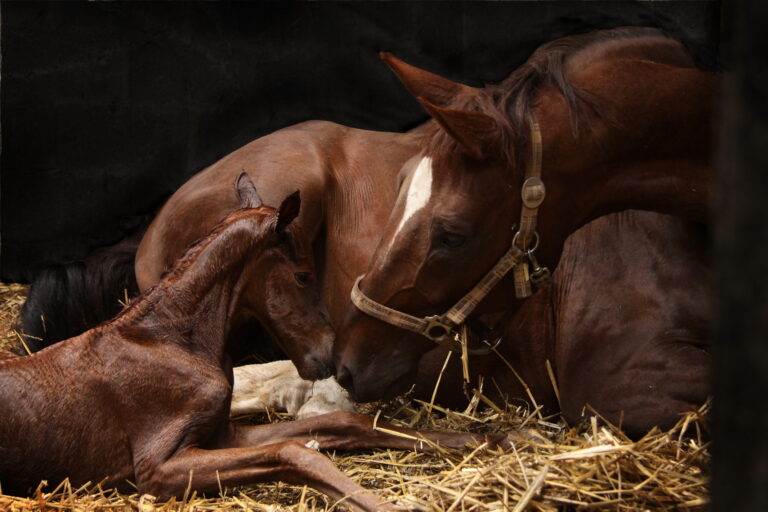Editor’s note: While tuberculosis in horses is rare, Merck Veterinary Manual does have a section on infection in horses, generally due to contact with contaminated cattle. Because of that possible contamination, we are posting the following information from the TAHC.
The Texas Animal Health Commission (TAHC) has confirmed Cattle tuberculosis (TB) in two Texas Panhandle dairies located in Castro County. The infected herds are under quarantine and will remain so until the herds meet all requirements for quarantine release through testing and removal of infected animals. Dairy, calf-raising and dairy heifer raising operations in Texas and other states with epidemiological links to the infected herds will be tested to determine the possible origin or potential spread of the disease.
Cattle tuberculosis is a chronic debilitating respiratory disease whose symptoms can include progressive weight loss, chronic cough, and general loss of condition. Like many other diseases, TB transmission is facilitated when animals are concentrated or held in close confinement. Infected animals normally spread the TB bacteria to their herd mates by expelling infective droplets into the air which are inhaled, or contaminate feed.
A variety of other species are susceptible to TB, including elk, deer, bison, goats, swine, cats and humans. Sheep and horses are rarely affected. Although TB can affect humans, pasteurization of milk removes any risk of transmission, and meat from infected animals does not enter the food chain.
Tuberculosis has a long incubation period (months to years) and was once the most prevalent infectious disease of cattle and swine in the United States. Cattle TB caused more losses among U.S. farm animals in the early part of this century than all other infectious diseases combined. Through a cooperative state-federal program, bovine tuberculosis has been nearly eradicated from livestock in the US.
In 2000, Texas finally earned USDA TB accredited-free status. In 2002 however, that status was temporarily revoked when two infected cattle herds were detected. After extensive testing, Texas regained its TB-free status from USDA in October 2006. This effort included testing over 2,000 purebred beef operations and all of the state’s dairies. Slaughter surveillance and identification practices for dairy cattle necessary to aid in tracing of high risk cows was also greatly enhanced at that time.
Dr. Dee Ellis, Texas State Veterinarian said, “The detection of these new herds simply indicates our strong surveillance system is effective. The TAHC is working closely with the dairies involved and the Texas dairy industry to ensure the disease is quickly contained, and the affected dairies can return to normal business practices as soon as possible.” Texas’ current TB-free status is not expected to be affected by the new disclosures.
For information about TB in the Panhandle, contact the Region 1 office at 1-806-354-9335. For general information about TB, call 1-800-550-8242 or visit http://www.tahc.texas.gov/animal_health/cattle_tb/cattle_tb.html.
Founded in 1893, the Texas Animal Health Commission works to protect the health of all Texas livestock, including: cattle, swine, poultry, sheep, goats, equine animals, and exotic livestock.








